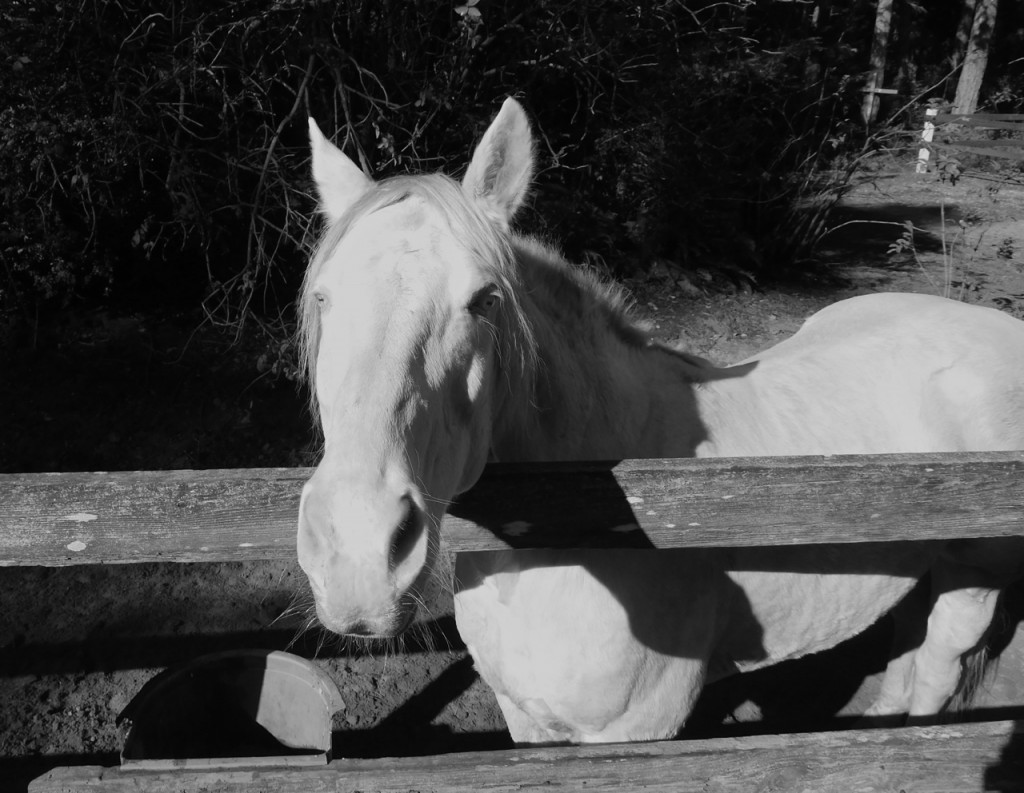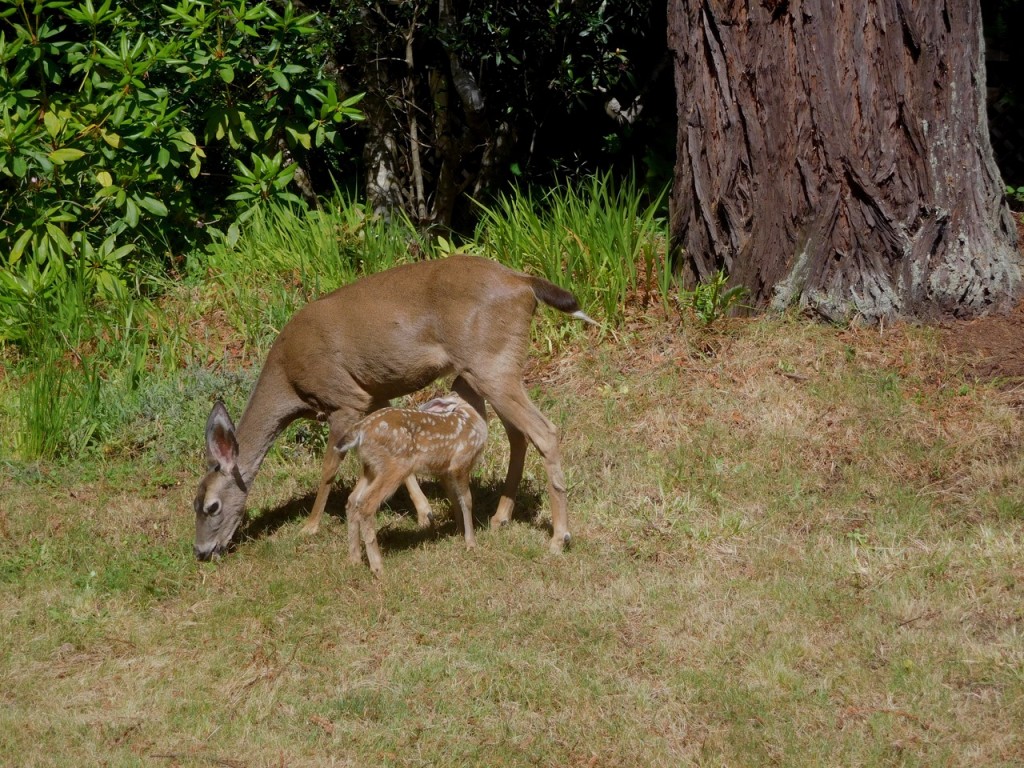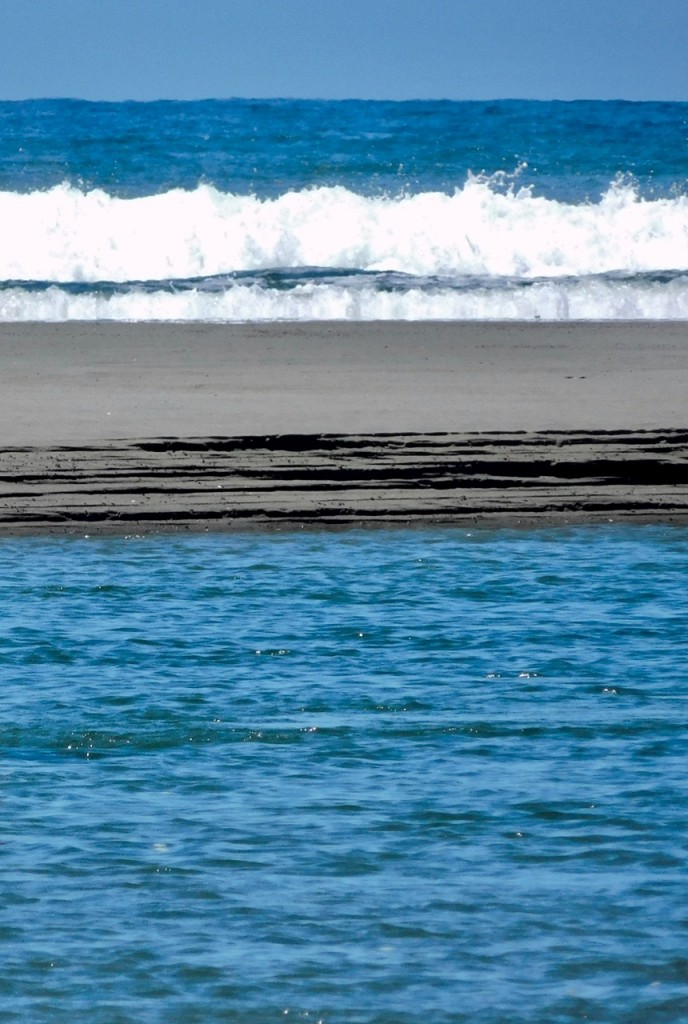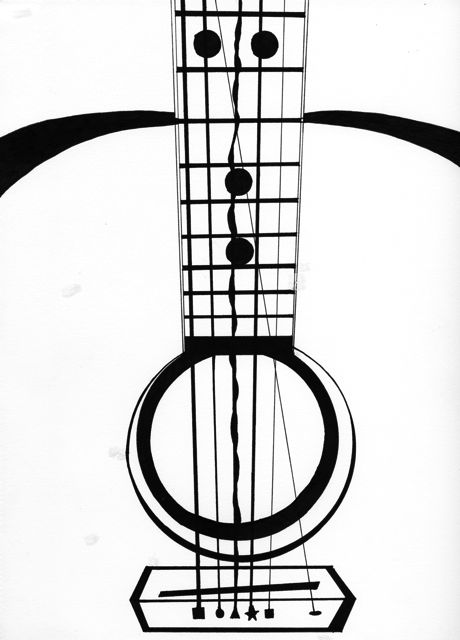
Paloma photo by Todd
“The backers accept that they don’t know what they are going to get.” Mike Leigh
Forty years ago, I wrote a short story called Old Perry. My literary agent, the late great Dorothy Pittman, made a valiant effort to sell the story to various magazines, and three interested editors could not convince three disinterested publishers to run the story, so the fable was never published. A few years later, I showed the story to Richard Marks and he thought Old Perry would make a fine movie.
Richard was, and still is, an entertainment lawyer in Los Angeles. I first met Richard those same forty years ago when he was working at the late great Ziegler, Diskant, and Roth Agency, an agency specializing in representing novels to the movie industry. Following the demise of that agency, Richard and I remained friends and he endeavored to interest a movie producer or two in Old Perry, to no avail.
Somewhere along the winding path of my life, I lost track of Richard and also lost my few copies of Old Perry, and until a few weeks ago I never thought I would see that story again. Every once in a while something would remind me of Old Perry—the running of the Kentucky Derby or a visit with a friend’s horse—but I remembered little more than the gist of the tale.
Fast forward to a few years ago when I was in need of a little advice from an entertainment lawyer. Richard is the only entertainment lawyer who has ever befriended me, so I looked him up via Google, sent him an email, and we restarted our friendship after thirty-some years. He inquired about Old Perry and I told him I lost the story long ago. Then a few weeks ago, Richard wrote to say he found a copy of the story while cleaning out his garage. He scanned the story and sent me a copy of the scan and I had the fascinating experience of reading a story I penned forty years ago—fascinating because I can’t imagine present-day Todd writing such a story, yet I enjoyed the energy and spirit of the tale.
Here for your reading pleasure is Old Perry.
Old Perry
It hurt me because he was too good for that and I always said we could make more money if we just let him win his races, but Jackie said he was too good not to use him as our bread and butter horse and he also said Old Perry didn’t mind losing. But I never believed that, or that Jackie believed it.
Okay, now what a bread-and-butter horse was to Jackie was a horse that could win almost all the time in low stakes races, but you didn’t let him win. You held him back in five or six races in a row, or maybe even ten races if your other horses were makin’ money, and you built up the odds against that horse until he was a real long shot, say twenty-five to one, and then you’d bet four or five hundred on him, win, and there was your money for keeping seven horses in good shape for a couple months anyway.
Course you had four or five people bet a hundred each so the big take wasn’t so obvious, and you had to move your horse around to different tracks all the time, which we did anyway, and you had to talk down his workouts if they were too good, and maybe once in a while you let him Place in a couple races or Show a couple times, so people didn’t get suspicious, when actually Old Perry could have won every race he ran at those second-rate tracks, and I always thought he could win at the best tracks, but Jackie said he couldn’t and was just a damn good bill payer.
But it still hurt me. I couldn’t ever look Old Perry in the eye after a race, even if he won, because I’d ridden him some mornings when he felt so strong and smooth and powerful and came in way under his fastest official time, close to the track record, and I would tell Jackie, though I didn’t have to because he was there most of the time watching it happen. But he would say, “No, we can’t ever let him race like that or we’ll be in big trouble.”
And that’s also why Jackie named him Old Perry (he’s only three now) because when people saw that Old they backed off, because old means slow, right? Most people are so damn stupid and superstitious, including horse people, you can scare’em off easy. They don’t take the time to really look at a horse. If they’d ever really looked at Old Perry they would have seen he was good, because sometimes people who really knew horses would watch him work and say to me, “Man, that’s some animal. Wonder why he doesn’t win? No guts, huh?” Which would hurt me.
But Jackie had a point because you had to have a really good horse, a winner, if you were gonna put down a big chunk of cash so you could keep your operation going. And Old Perry was perfect for that. He’s a real big horse and bettors don’t like real big horses in low stakes races. They like peppy little horses that come out snorting. And Old Perry walks with his head hung low, which bettors hate. And he always had a geek for a jockey because Jackie wouldn’t put anybody good on him or word would have spread fast how good he really was.
He ran thirty-two races as a two-year-old, which was crazy for an animal that fine, but he did, and we bet him to win in seven races and he won all of’em easy. I know because I was that geek jockey and I was holding him back even when he won.
But it got to hurt me so much I couldn’t sleep thinking about it. I’d keep Floss up late, talking to her, whining actually, and she’d try to calm me down by making love to me, but I couldn’t even do that after a while because Old Perry and Jackie were screwing me up so bad.
So I decided to let him go in his first three-year-old race, even though Jackie told me to hold him. That was in May at Golden Gate fields, last race of the day. I’ll never forget that race. Triple Jump, a big black monster from New Zealand was the heavy favorite and Jackie thought this would be a good race to bring Old Perry in second and maybe we’d win a little cash that way without wrecking the long-shot buildup. But I told Floss to bet a hundred on Old Perry to Win since I knew Jackie was betting a hundred on him to Place and the damn odds were thirty to one before the race and jumped to forty-five to one at post time because nobody there had seen him run, so nobody bet on him at all.
I swear to God I just let him do whatever he wanted. Didn’t whip him, didn’t push him, but I didn’t hold him back and he won by twenty-five lengths and came within a half-second of breaking the track record, which we coulda massacred if I’d even touched him a little.
Naturally Jackie was pissed. He was pissed when he got the purse check for five thousand and even more pissed when I gave him four thousand more and he was really pissed when the reporters came around and asked him how it felt to have a turkey like Old Perry win at forty-five to one odds. He tried, oh God he tried to smile for them, but he couldn’t, and if he’d killed me that night I would have been surprised.
Next day he calls me in and says, “Listen you little shit, if you ever do that again I’m gonna kick your butt so hard you’ll never sit on a horse again.” Then he scrunched up his ugly face like he does so you don’t know if he’s in pain or just pissed and says, “Jimmy, I wish I could make you understand about that horse. He’s gonna keep us in chips for a long time, and we can’t screw that up. He can’t ever make us rich, but he can keep us going.” Then he stalked around the stall (his office was always a stall he fixed up) and he says, “Cause if he wins too much down here, I gotta move him up, right? If I move him up, I gotta pay more to enter him, keep him, insure him, everything…and he ain’t gonna win up there. He’s a good horse, Jimmy, but he’s not a great horse, and we can’t take any chances because I might never find such a sure thing again in my life.”
And that’s when I saw for the first time that Jackie actually thought Old Perry might be a great horse, but he was afraid to admit it because he was scared shitless of winning big. Which is true of lots of little time trainers. And Jackie was definitely in the little time habit. He was a sweet guy, but he just never saw himself as quite good enough for anything. That’s why he got divorced three times, because his women got sick of him not liking himself. That was pretty obvious.
And so here was this horse that was really something, that Jackie and I had made into whatever he was, that even a two-bit, too tall, scaredy-cat jock like me could win with, and Jackie didn’t have the balls to try with him.
So I said it wouldn’t happen again and then I went out and ran a couple of our nags and tried to figure out how I was gonna convince Jackie to let that horse really run. And then as I was going by Witherspoon’s fancy pants part of the facility, I realized maybe Jackie was right. You get a champion or a near champion and you’re suddenly talkin’ huge operating fees. Which I knew we could win by betting on Old Perry, except it’s crazy to bet much on your own horses. Nobody stays in business for long betting heavy on their own horses. I mean you bet a little, naturally, because that’s what it’s all about in a way, but you’re not supposed to bet big, whatever big means to you, except we were betting our own horses, Old Perry in particular, which is why, I guess, we were considered scum by the class trainers. They looked down on us so much they didn’t even think about trying to buy Old Perry, either outright or in a claiming race.
So then I figured, who cares, I’d let him win again the next race and see what Jackie did then. Except two days later, Jackie told me he wanted me to win, that he’d entered Old Perry in a big purse race and we were gonna load the windows, too.
I was high as a kite for the rest of the week, and the night before the race I took Floss out to dinner and to a show and the next morning early I went to see my horse, to work him light before the race that evening, and he was sick. I checked him over and could see he’d been doped, and I just wanted to kill Jackie.
But I didn’t say anything because we still had thirteen hours until the race, so I got Floss to stay with him so Jackie couldn’t give him anything else, and I got Pike over. Pike wouldn’t tell on a doped horse but sure knew how to undope a horse if anybody could. He gave Old Perry something to make him piss extra and something else that made him shit extra, and then I gave him a long walk and chanced a little more water than usual, and by race time he wasn’t perfect but he was okay, pissing steadily, all the way out into the paddock.
And Jackie was there acting like nothing had happened. I tried to ignore him while he saddled Old Perry, but I couldn’t believe he had the nerve to be there. He was whistling, making wisecracks, pretending not to see the horse wasn’t lookin’ so good. I coulda killed him.
Then I got on and we got out on the track and I wondered if we’d cleaned out most of the dope. And then I thought to myself What kind of a man would poison his own horse just to keep a dumb jock from letting him win? I mean I knew I was important to Jackie. I’d been with him for six years. He liked me and he needed me because I was a jockey/trainer/stable boy/everything sorta guy, and me and Floss were just about all the family he had. But still, what was he trying to prove? That he was boss? Was he trying to put me down so I wouldn’t buck him anymore? He must have known I knew he’d doped my horse. I couldn’t figure him out.
But anyway, there we were out on the track, and I was thinking as I headed Old Perry down to the starting gate, Holy shit, I’m in a serious horse race. It hadn’t even occurred to me how big a race this was. I hadn’t ever ridden against horses like those. Blue Light, Queen’s Four, Cat’s Eye. A damn fast field. Fact is, I shouldn’t have been out there at all because I was a hack. I knew horses and I could feel their moods, but my body was all wrong and I couldn’t move with the horse the way the real artists do, the real pros.
And then I had to swallow to keep from crying, thinking about how if Old Perry hadn’t been doped I mighta had a chance against those bastards. Might, but now I didn’t because he’d been doped, and I hated Jackie and cursed him and cursed his rotten soul that he would do that to a good animal like Old Perry and to me and to Floss. I hated him and all I could think about was how much I wanted to do well, how much I wanted Old Perry to run a proud race and not to fall. Please God, I prayed, don’t let my horse fall, and for a minute I thought about pulling him out of the race, because I’d seen horses fall and later on found out they’d been doped.
So I did something I’d never done before and something that could have gotten me in a lot of trouble if I didn’t have a good reason for doing it. I reined him in and got off out there on the backstretch and I looked him over. I looked him in the eyes and in the mouth and patted him and checked for shivers or anything that might have told me he was too sick to run. But he looked okay. He usually looked great, but at least he looked okay and I knew he wouldn’t fall.
And even though he hesitated a little as we came into the gate, something he’d never done before, I knew he’d make a good run, maybe not a great run, but he’d get around okay and then I’d go into Jackie’s office and I’d say, “Go to hell you rotten bastard. Go to hell and goodbye.” Because Floss and I could get work somewhere else, and I might even report him and try to get Old Perry taken away from him so the horse would have the chance to be the horse I thought he might be.
But then for the few seconds before the race I tried to clear my brain of all my bad thoughts. That’s something Floss and I learned from this book on meditation. I got really calm and relaxed and I looked up at the stands full of people and colors and looked down the row at the other jocks, all so flashy and colorful, and I looked for beauty, like the book said to, and I saw it everywhere, and then I looked down at Old Perry, at his beautiful brown skin, and I patted him and squeezed him with my legs and felt the miracle of life rush through me, and then the bell sounded and we flew out of the gate and we didn’t touch ground for a long time.
The whole first half of the race was like that—floating, flying, and I felt stoned, like all the energy of the lights shining down was being concentrated into me and into Old Perry and the race seemed like a fantastic dream, at least the first half of it.
But then I came out of the dream and saw where I was, a tight third, right on Cat’s Eye’s tail, and Lobato was holding the Cat back a length behind Blue Light, just waiting for the home stretch to take it. And I could feel Old Perry working, struggling to get into his rhythm, but not really being able to because he just didn’t feel fine to himself. Which is when I got mad again, thinking how we hadn’t let this horse be himself, and I wasn’t allowed to be myself and Floss wasn’t herself and Jackie wasn’t himself and almost nobody was themselves because we’re all playing these shitty games to win, to pay bills, to not be ourselves because for some stupid reason we’re afraid. And I got so mad, I just went crazy and laid the crop on harder than I ever have and I could feel Old Perry brace against the blows because he didn’t like that, didn’t ever need it, but I needed it and I couldn’t hit myself, not then anyway.
But then we started to move and we seemed to lock into Cat’s Eye’s pace as we slid by Blue Light together, like a matched pair, and it wasn’t like we were trading the lead, we were sharing it, moving step for step perfectly down the run and I didn’t whip Old Perry anymore because I could feel he was locked into that other horse and all we had to do was run that last two hundred yards—no, not run, fly, because we were flying and it was like a dream again and I didn’t even feel it when we touched down. So I guess I didn’t really have to, but right at the end I touched him a little and he moved ahead by a length at the wire, just so there wouldn’t be any question.
And as I stood up in the stirrups as we slowed on the turn, I thought Holy shit, we won. Old Perry and I won. And all the bastards in the world couldn’t undo that.
But you want to talk about a surprise. When I rode Old Perry into that winner’s circle and Jackie was there crying his eyes out and hugged that horse and looked up at me and said, “Jimmy, we did it! You were right!” I about fell off. Because he wasn’t kidding. He wasn’t bullshitting. He didn’t know about the dope.
Later on we put it together that somebody from one of the class acts must have doped Old Perry so we’d yank him. It figured because since he almost broke the track record a few days before, they knew he had a chance to win and that must have screwed up somebody’s big plans.
So I worried for a while they’d try to poison him, and me and Floss slept down there with Old Perry for a few weeks after. But we stopped doing that after a while, after he won three more races. And he hasn’t lost since. He’s too well known now for somebody to poison him.
Sure sometimes I wish I was racing him still, but I know if he’s gonna be as great as he can be then we’ve got to have a great jock riding him. I still run him in the morning and walk him and groom him and talk to him, cause he likes me and I can look him right in the eye now and say, “We really are what we are Old Perry. We might lose tomorrow, but not on purpose.”





